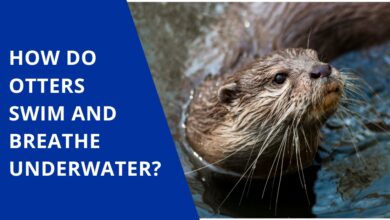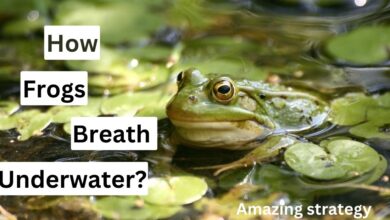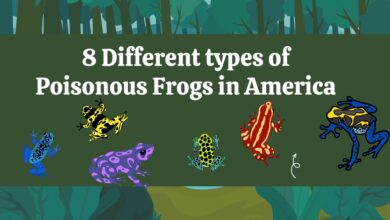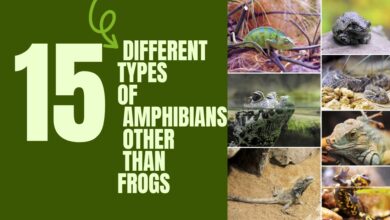Do Otters Consume Fish? (Unveiling Their Feeding Habits!)
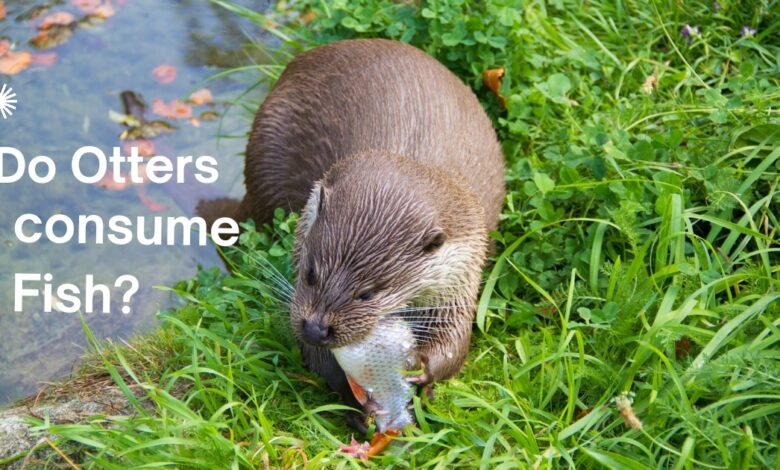
Do Otters consume Fish? (Unveiling Their Feeding Habits!)
Sea otters and freshwater or river otters have diverse diets that consist mainly of fish and crustaceans, often comprising up to 90% of their food intake. Otters exhibit remarkable hunting skills, capable of depleting fish populations in ponds. In addition to fish, river otters occasionally consume small reptiles, amphibians, birds, and mammals.
All otter species share a habitat near water, display similar dietary preferences, and sustain high metabolisms, necessitating substantial daily food consumption.
Keep on reading to discover more about otters diet which includes fish and other animals.
See Also: Do Raccoons eat Apple? ( Discover the Reason)
Do Otters Include Fish in Their Diet?
Yes, otters include fish as a significant part of their diet. Fish can make up a substantial portion, often constituting up to 90% of their daily food intake. Whether it’s river otters or sea otters, both species rely on a diet that heavily incorporates fish.
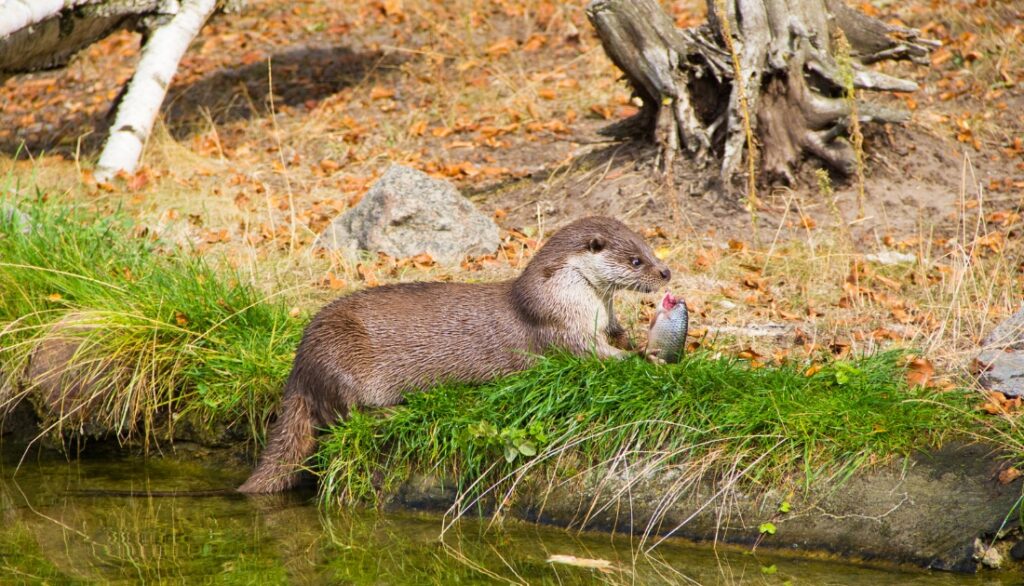
River otters typically consume around 15% to 20% of their body weight in food each day, while sea otters have an even higher intake, ranging from 25% to 30% of their weight.
This considerable consumption is essential due to otters’ high metabolic rates, crucial for maintaining their body temperature. Additionally, as otters spend a significant amount of time hunting, their diet ensures they have enough energy to sustain their active foraging behavior.
Types of otters
River otters
River otters utilize their vibrissae, or whiskers, to detect prey movement in water, capturing their food with their teeth. They have a diverse diet, enjoying various fish and crustaceans, including:
- Crayfish
- Carp
- Crabs
- Mussel
- Car
- Crab
- Crayfi
- Sunfish
- Suckers
- Mussels
- Minnow
- Snails
- Sculpin
- Salmon
- Minnows
- Stickleback
- Trout
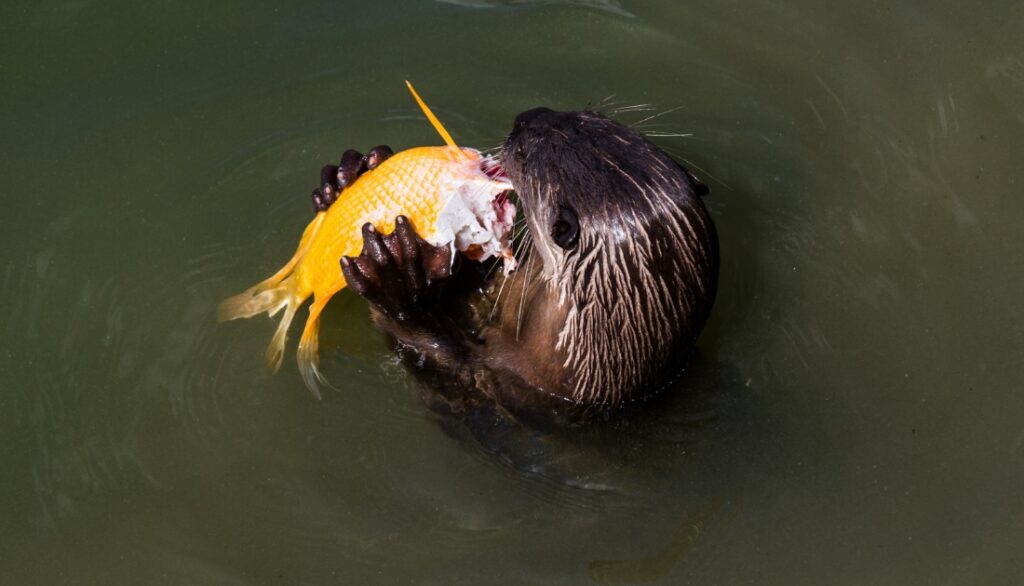
In their quest for sustenance, river otters can cover up to 20 miles. They exhibit a preference for large, slow-moving fish due to the higher energy yield and easier capture.
Sea otters
Sea otters employ a unique method for securing their meals – they dive to the ocean floor, capturing prey with their front paws and then bringing it to the water’s surface. While lying on their backs, sea otters balance their catch on their chests as they consume it.
In a fascinating display of tool usage, sea otters sometimes employ flat rocks to crack open the shells of mollusks and crustaceans, making them the sole marine mammal to use stone tools.
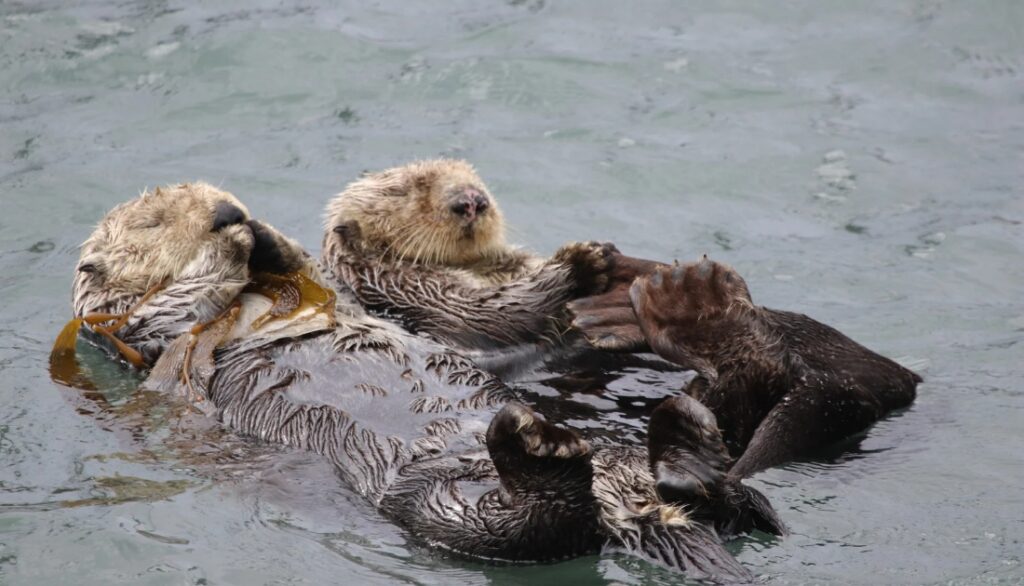
Their diverse diet includes various marine prey, such as:
- Abalones
- Eels
- Clams
- Crabs
- Shrimp
- Shellfish
- Sea urchins
- Snails
- Mussels
- Slow-moving fish
It’s worth noting that individual sea otters may exhibit distinct dietary preferences, with each having its own favored food sources.
Can otters eat all Fish of a pond?
Otters, known for their efficient hunting skills, can significantly impact fish populations in ponds. They are skilled hunters and can consume a large quantity of fish, making it possible for them to deplete or even eliminate fish populations in a given area within short time period.
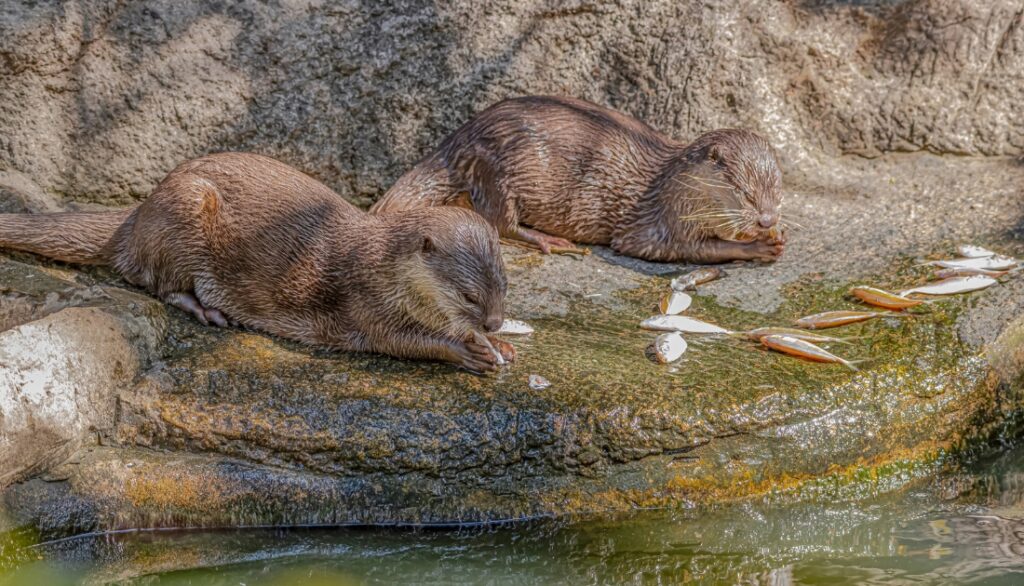
This behavior is particularly notable in the case of river otters, who may hunt extensively in ponds and other water bodies, affecting the local fish population. Their voracious appetite and successful hunting techniques make otters influential predators in aquatic ecosystems.
